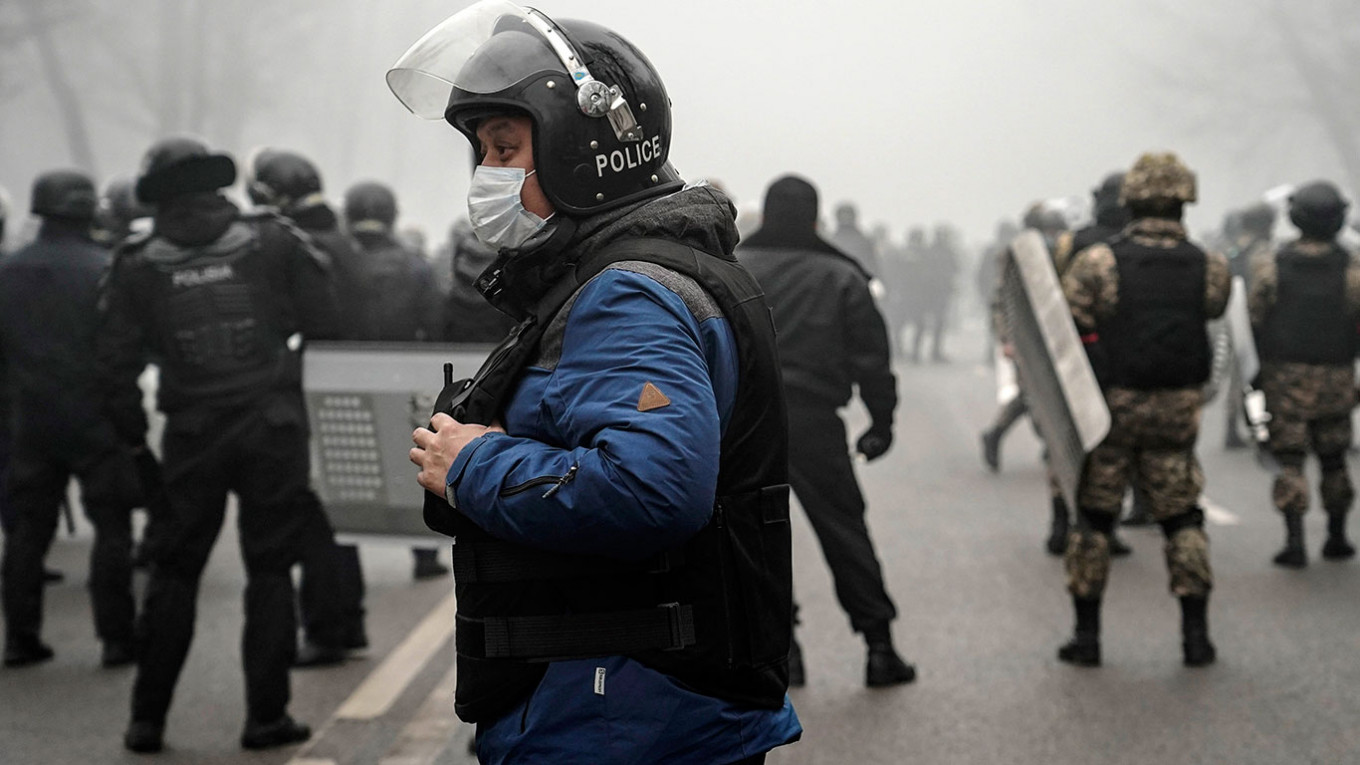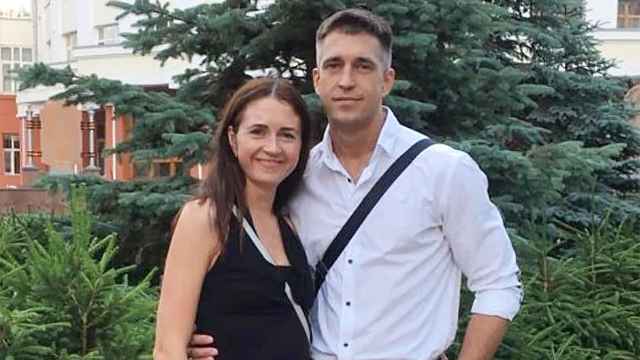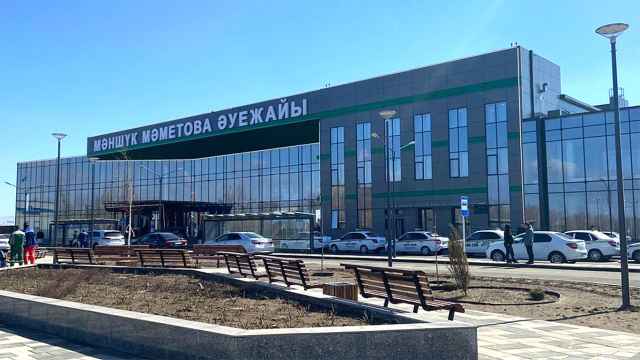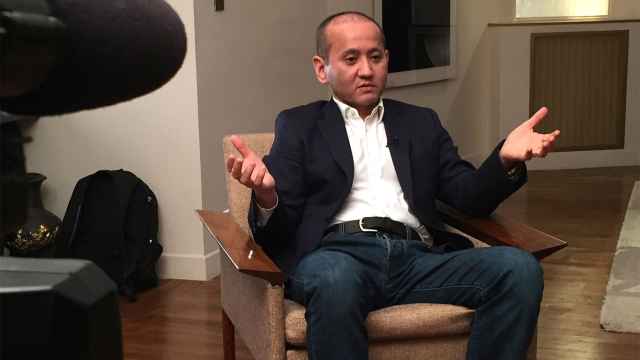At least three security officials have been found dead across Kazakhstan as authorities scramble to account for losses during some of the worst unrest in the ex-Soviet republic’s three decades of independence, media reported Monday.
Kazakhstan’s interior ministry says 16 police, national guard and military personnel were killed and more than 1,300 injured during the week of regional protests over fuel price hikes that descended into nationwide riots. Kazakhstan’s national security committee (KNB) last week announced the arrest of its former head Karim Masimov and “other persons” on suspicion of treason.
Interfax reported Monday that the head of police in southern Kazakhstan’s Zhambyl region, Zhanat Suleimenov, died by suicide.
Local journalists reported that authorities had allegedly opened an unspecified criminal case against Suleimenov following the capture of local police and government buildings in Zhambyl’s administrative center of Taras.
Soon after, the KNB announced that the body of its colonel Azamat Ibrayev was found outside his home in the Kazakh capital of Nur-Sultan.
Baza, a Telegram channel believed to have links to Russia’s security services, claimed that Ibrayev fell from a high-rise building.
Interfax later cited Kazakhstan’s interior ministry as confirming that the head of a police district in Kazakhstan’s largest city of Almaty, Tanat Nazanov, died from a heart attack.
The three deaths come nearly a week after social media footage showed crowds storming public offices, setting fire to buildings and seizing police equipment, including vehicles and riot gear.
Various accounts place the number of total casualties of the unrest across dozens of Kazakh cities at between 44 and 164.
A Message from The Moscow Times:
Dear readers,
We are facing unprecedented challenges. Russia's Prosecutor General's Office has designated The Moscow Times as an "undesirable" organization, criminalizing our work and putting our staff at risk of prosecution. This follows our earlier unjust labeling as a "foreign agent."
These actions are direct attempts to silence independent journalism in Russia. The authorities claim our work "discredits the decisions of the Russian leadership." We see things differently: we strive to provide accurate, unbiased reporting on Russia.
We, the journalists of The Moscow Times, refuse to be silenced. But to continue our work, we need your help.
Your support, no matter how small, makes a world of difference. If you can, please support us monthly starting from just $2. It's quick to set up, and every contribution makes a significant impact.
By supporting The Moscow Times, you're defending open, independent journalism in the face of repression. Thank you for standing with us.
Remind me later.






